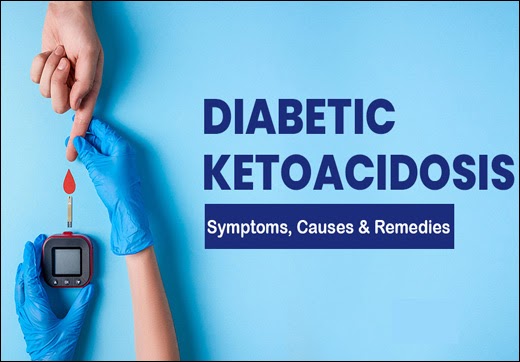Kratom withdrawal symptoms are a controversial topic.
Some say they’re basically non-existent.
Others, especially those organizations involved in supporting Big Pharma, opposing natural remedies, or promoting substance abuse recovery clinics, make outrageous claims. Let’s take a deeper look.
We’re going to start off with a banger. A list of alleged “kratom withdrawal symptoms” as presented by a drug rehab operation, whose name shall not be mentioned, but this is pulled directly from their website verbatim.
QUOTE
InsomniaMuscle achesDilated pupilsBlurred visionSevere abdominal crampsNausea and vomitingDecreased appetiteChanges in heart rate and blood pressureSeizuresDiarrheaSweating and hot flashesFever
Psychological withdrawal symptoms may include:
Changes in moodAnxietyDepressionIrritabilityAgitation
Kratom withdrawal symptoms can last anywhere from 3 to 7 days.
Heavy regular users may also experience post-acute withdrawal syndrome (PAWS). Such users may suffer from anxiety, depression, and insomnia, that come and go in waves. It may take several weeks or months before these symptoms subside.
END QUOTE
Similar lists of supposed kratom withdrawal symptoms may be found wherever fearmongering is in full force. It’s just another example of the vast disinformation campaign that has been launched against mitragyna speciosa (kratom’s botanical name).
The mainstream health and medical websites, unduly influenced by corporate forces, are pretty much united in hostility toward kratom. Hence, they tend to parrot the same “withdrawal symptoms” of kratom. Making the same error as drug rehab clinics, they demonize kratom and try to scare people away from it.
However, if you do some independent research on reputable kratom user online forums, a different story is told. In general, the consensus seems to be that if you take kratom for many years and suddenly stop, you may feel a bit down in the dumps for a few days. “Withdrawal symptoms” will consist of a mild cold, a slight decrease in energy, and more sensitivity to whatever issues you took kratom to alleviate. The negligible amount of discomfort passes very quickly.
Hallucinations, tremors, panic attacks, and the other wildly imaginative things that supposedly can happen most likely, almost certainly, will NOT occur in the vast majority of cases. This disinformation that kratom withdrawal is a nightmare similar to withdrawal from opioids is based on fear-mongering and being incentivized to attack anything that does not come from big pharmaceutical companies.
Check the various kratom forums. Ask friends who use kratom. Try abstaining from kratom for a few days or weeks, see what happens in your own personal body and mind. Chances are, you’ll discover that the myth of severe kratom withdrawal symptoms requiring hospitalization are ridiculous.
IF someone is abusing kratom, taking way more than they really need, trying to “get high” or “catch a buzz”, for a long period of time, when that person stops taking kratom, it’s obvious that their reaction to cessation of kratom could be a bit more dramatic and somewhat more prolonged. Or if a person is in serious medical circumstances, frail, feeble, and extremely dependent on painkillers or sedatives, a sudden stopping of kratom could be more uncomfortable. But these are extreme exceptions to the norm.
Use kratom as a beloved dietary supplement with confidence. .the exaggerated reports in the mainstream media tend to best be ignored, since their bias is so plain and obvious.


